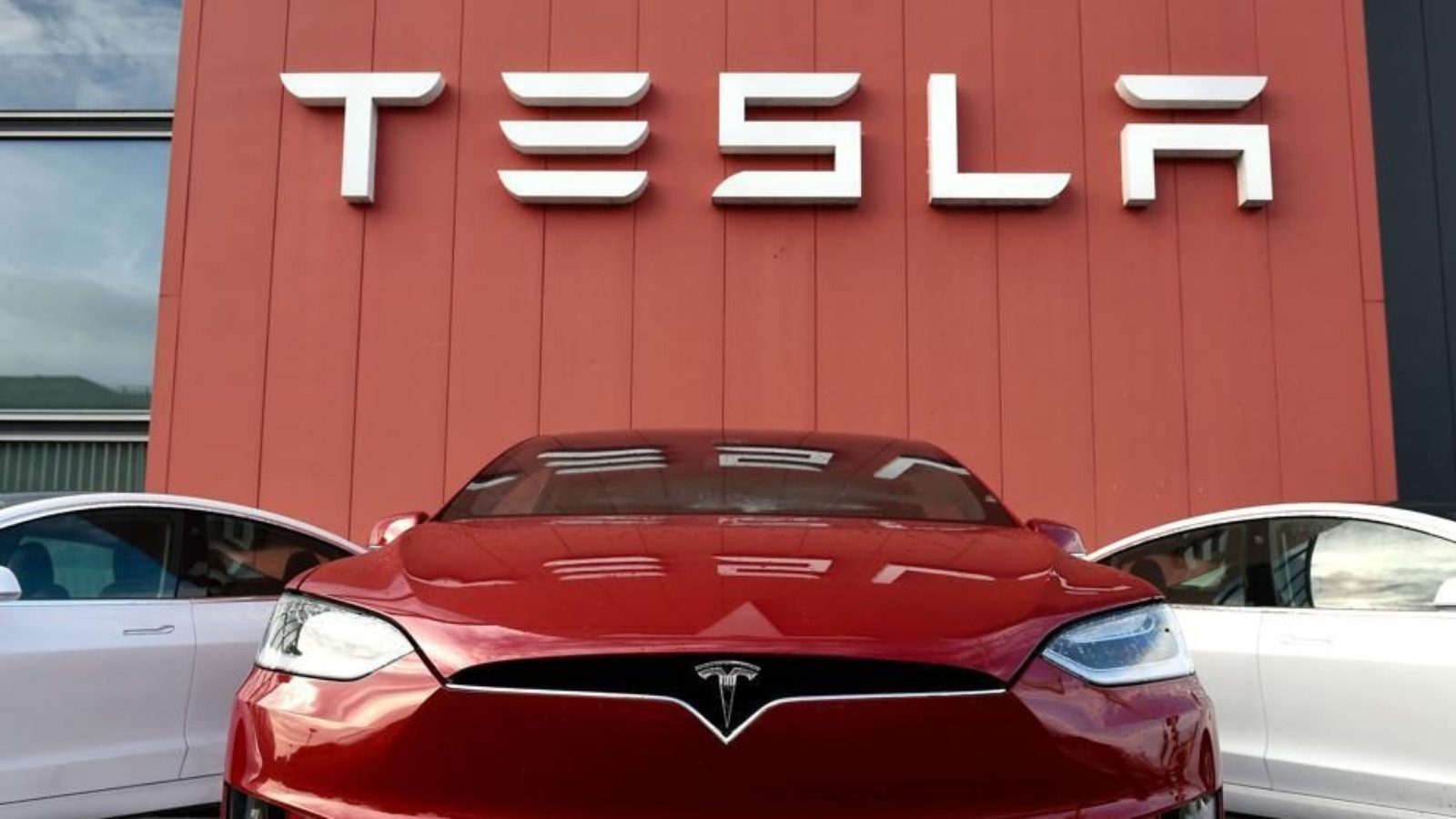Shares of Tesla climbed more than 6% in midmorning trading Friday, pushing the electric vehicle Tesla’s market capitalization has surpassed $1 trillion. Following the election of President-elect Donald Trump, the company’s stock surged by approximately 27% this week, fueled by investor optimism that Trump’s potential return to the White House could be advantageous for Tesla. Analysts are increasingly optimistic about Tesla’s growth under Trump leadership, anticipating that policies favorable to the electric vehicle sector could further boost the company’s prominence in the market. Investors are also eyeing potential government incentives for clean energy, which could catalyze even more significant sales and production expansions for Tesla. As a result, many believe the company’s trajectory could lead to unprecedented heights in the coming years.
CEO Elon Musk has been a staunch supporter of Trump, contributing at least $130 million to pro-Trump campaign efforts.
As of Tuesday’s market close, Tesla’s market cap stood at $807.1 billion. Before this week’s impressive rally, the carmaker’s shares had increased by about 1% this year. However, Tesla’s stock price is now up about 26% year to date.
Tesla has reentered the elite ranks of tech companies valued at over $1 trillion, joining noteworthy peers such as Nvidia, Apple, Microsoft, Alphabet, Amazon, and Meta—though all but Meta exceed $2 trillion in market capitalization. Tesla first achieved this milestone in October 2021.
Wedbush Securities analyst Dan Ives has suggested that a potential Trump administration could reduce regulations, benefiting Tesla and similar companies. “Tesla boasts unparalleled scale and reach within the EV industry, positioning Musk and the company for a significant competitive edge in an environment devoid of EV subsidies.
This advantage is further amplified by anticipated higher tariffs from China, which will likely deter affordable Chinese EV manufacturers like BYD and Nio from infiltrating the U.S. market in the coming years.
Trump has previously indicated the possibility of cutting the federal $7,500 electric vehicle tax credit, a move that could significantly impact Tesla’s sales, which have historically benefited from these incentives. In its latest earnings report, Tesla announced impressive figures, with revenue reaching $25.18 billion and net income of $0.217 billion in the third quarter.
During the earnings call, CEO Elon Musk expressed optimism, stating his “best guess” for vehicle growth next year is between 20% and 30%, attributed to introducing “lower-cost vehicles” and advancements in autonomous technology.
Tesla has been at the forefront of developing driverless vehicle technology for over a decade. However, its main U.S. Competitor Waymo—owned by Alphabet—has gained the upper hand by launching commercial robotaxi services in several major cities.
During the third-quarter earnings call, Musk indicated that he would leverage his influence with a potential Trump-Vance administration to create a “federal approval process for autonomous vehicles.”

